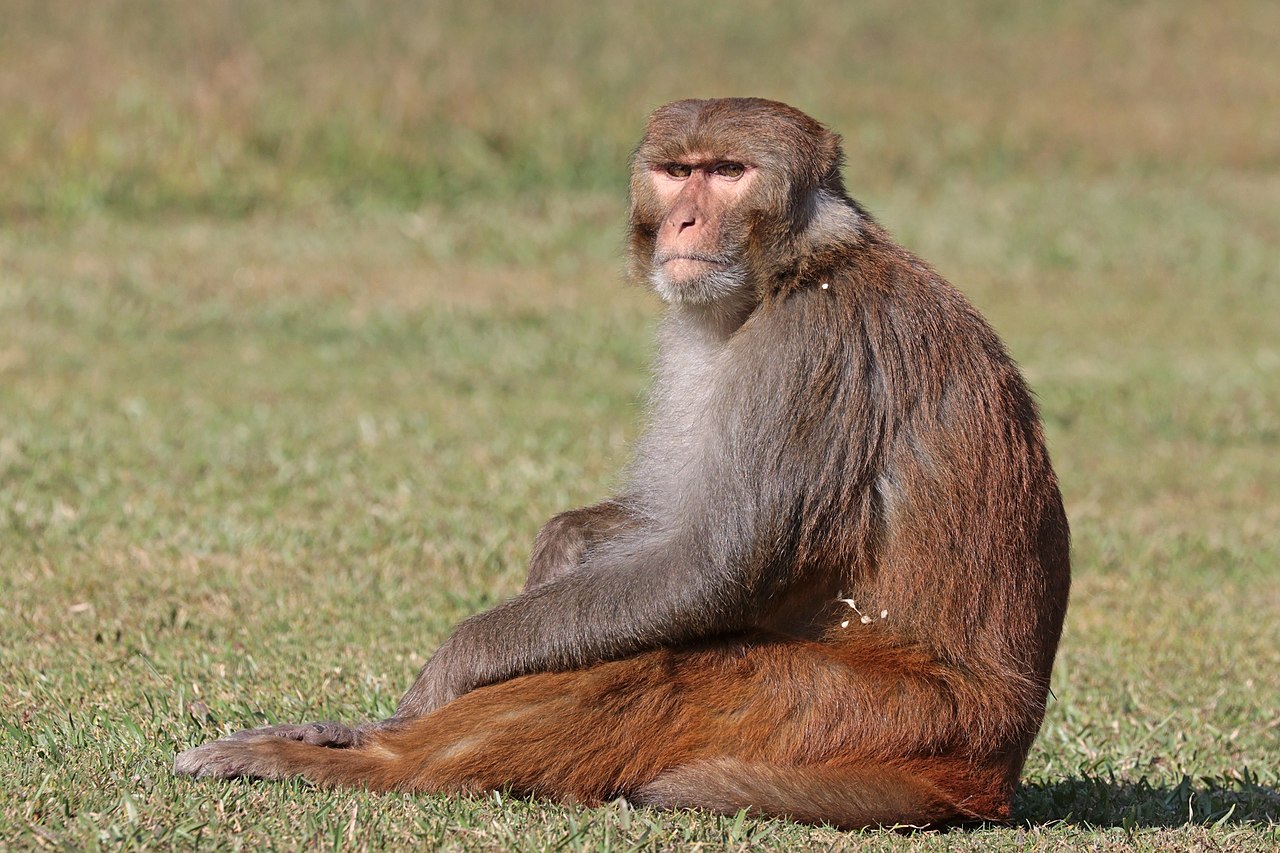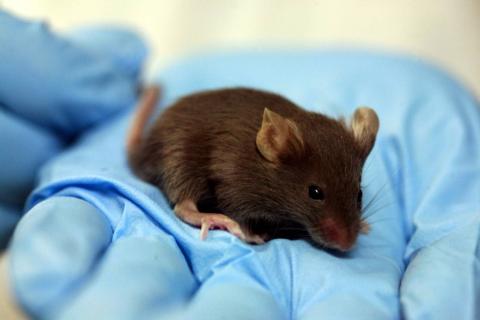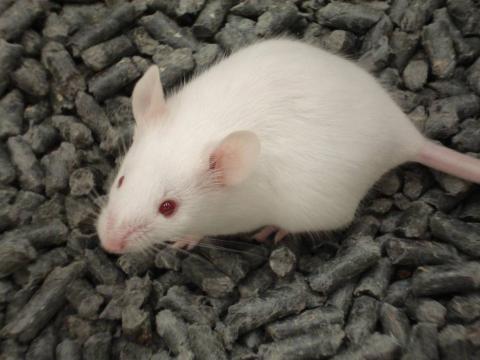Reactions: klotho protein administration improves memory in aged macaques
Klotho is a protein whose concentrations tend to decline with age and which has been linked to ageing processes. Now, researchers have found that administration of the protein improves cognitive function in aged rhesus macaques, including benefits in spatial and working memory. According to the authors, who publish the results in the journal Nature Aging, its use "may be therapeutic in humans".

Nabil Djouder - klotho macacos EN
Nabil Djouder
Head of the Growth Factors, Nutrients and Cancer Group of the National Cancer Research Center (CNIO)
Cognitive deficits are affected by ageing and age-related diseases such as Alzheimer's disease. They have become a major biomedical challenge requiring effective pharmacological interventions.
The study demonstrates that elevated levels of klotho improve brain cognitive functions in mice by transgenic overexpression and acute peripheral administration. Klotho also improves memory in aged macaques.
Overall, the study appears to have a sound approach using relevant animal models such as the mouse and aged non-human primates. Furthermore, the results obtained in mice and non-human primates suggest promising therapeutic potential for the treatment of age-related cognitive dysfunction. But this study would need to address the effect of klotho on brain health in humans. In addition, the molecular mechanisms of klotho and how it acts to improve cognitive functions and memory at the physiological level are unknown.
This study relates to existing evidence, which has demonstrated the importance of klotho in ageing and age-related diseases. Studies have previously been published showing reduced klotho production in patients with chronic renal failure, which may be one of the underlying factors in the degenerative processes (such as arteriosclerosis, osteoporosis and skin atrophy) observed in this condition.
Mutations in klotho have also been associated with ageing and bone loss. Genetic variants in the klotho gene have been linked to human ageing, and klotho protein has been shown to be a detectable circulating factor in serum that decreases with age. Transgenic mice overexpressing klotho live longer than wild-type mice, and klotho-deficient mice manifest a syndrome that resembles accelerated human ageing and exhibit extensive and accelerated arteriosclerosis.
The novelty of this study is that it investigates the effect of klotho on cognitive function and memory, aspects commonly affected in diseases such as Alzheimer's and Parkinson's disease. From this perspective, klotho could be an important factor in improving these functions and be a critical component in ageing.
Finally, it is important to note that it has also been previously published that klotho levels increase in the blood after aerobic exercise, indicating that physical exercise may be an alternative to counteract the effects of ageing.
However, it is important to note that it is not clear what physiological concentration of klotho would be necessary to achieve positive results. Lower, 'physiological' levels in the body may be necessary to achieve a therapeutic margin of cognitive enhancement in humans. However, human studies are needed to draw proper conclusions and to determine the extent to which what they claim in the study is proven and how useful it might be in humans. Although the results obtained in mice and macaques are promising, further research is needed to fully understand the molecular mechanisms of klotho and its effect on human brain health.
Marc - Klotho (EN)
Marc Suárez-Calvet
Researcher at the Barcelonabeta Brain Research Center and the Neurology Service of the Hospital del Mar (Barcelona)
Ageing is the main risk factor for the cognitive decline that accompanies many neurodegenerative diseases. Understanding the factors, including genes and proteins, that are associated with ageing may help to discover new therapeutic targets for these diseases. The klotho protein is one such factor.
Numerous experimental studies in murine models suggest that increasing the function of the klotho protein (e.g. by systemically administering the protein) may reverse some of the effects of ageing and improve cognition. The question is obvious: can these findings be translated to humans? The human data are observational and it has been observed that some genetic variations of klotho can attenuate cognitive decline.
The study by Castner et al. investigates klotho in non-human primates and therefore its conclusions - while not definitive - are closer to what would be expected in humans. This is the main novelty of the study. The authors injected low doses of the klotho protein, specifically its soluble fragment, into non-human primates. The memory of these animals improved within 4 hours of klotho administration and the effect lasted for 2 to 3 weeks.
The results are certainly very promising, but important questions remain open. There is no dose-dependent effect, higher doses of klotho are not associated with improved memory. It would also be important to determine whether the effect of klotho can last beyond 2 to 3 weeks; this is key for treating chronic diseases. Finally, we need to better understand the mechanisms of action of klotho before initiating human trials.
Castner et al.
- Research article
- Peer reviewed
- Observational study
- Animals



